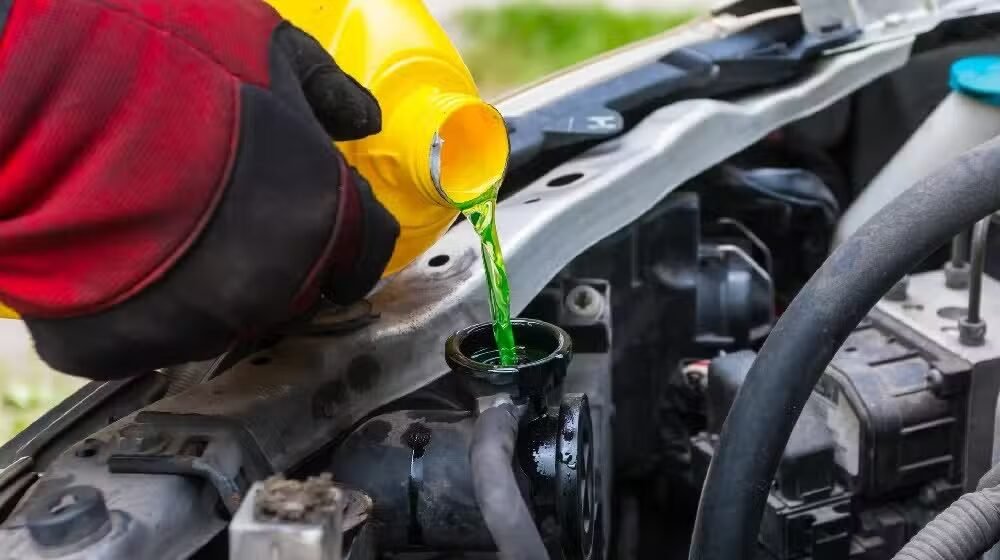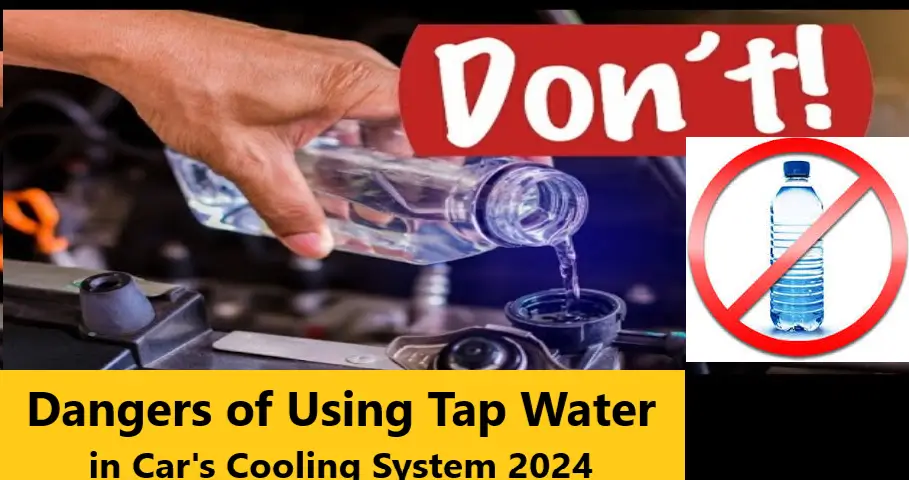Dangers of Using Tap Water in Car’s Cooling System 2024
Here’s Why You Shouldn’t Use Tap Water For Your Car’s Cooling
Using tap water in your car’s cooling system may seem innocuous enough, but damage to the engine might come through gradually. It is indeed the minerals in tap water-iron, for instance, and calcium and magnesium-that ultimately prove to be troublesome.
Read More: Why Most People Buy White Colour Cars in Pakistan?
The corrosion and scale formation happen as those minerals react with metal components of the engine.
Such corrosion and scale formation eventually cause blockage of critical cooling passages that would enhance the effectiveness of the system and can even lead to overheating.
Material Risks – Dangers of Using Tap Water in Car’s Cooling System 2024
Tap water is one of the major causes of corrosion in a car’s cooling system because the minerals that are contained therein will help hasten the rusting, particularly in the radiator, water pump, and engine block.
Read More: Nissan Invents New Paint to Make Your Car Cooler in Extreme Heat
It will feed into metals over time, resulting in leakage, reduced performance, and failure eventually.
Scaling, Contamination, and Blockages
The other serious issue is the scale buildup. When water in taps dries and heats up, it leaves behind minerals that build up to become scales that form within the cooling system.

Such scales can fill narrow cooling passages that are meant to ensure proper flow of coolant. Where these passages get stuck, the engine tends to overheat with much force being exerted on parts such as the cylinder head and head gasket.
Effects on Cooling Ability
The cooling system is mainly intended to prevent overheating of the engine. Tap water boils at 100°C, whereas the mixture of coolant and antifreeze boils close to 106 or higher.
Such a tiny margin may seem unusual, but it might be the difference between an engine that runs as it should and an engine that regularly overheats, especially when fighting heavy loads or in hot weather.
Coolant contains chemicals that give it a higher boiling point. It therefore protects the engine in order to avoid overheating and freezing in cold weather.
The coolant contains additives that prevent corrosion and lubricate the water pump, which has no match with tap water.
Risk of Overheating – Dangers of Using Tap Water in Car’s Cooling System 2024
Substitution of tap water instead of coolant may risk the engine to overheat. Overheating causes grave problems, such as warping a cylinder head or blowing the head gasket, or in extreme cases, cracking of the engine block.
Such problems are not only costly to repair but can also lead to an outright collapse of the engine if proper attention is not taken.
Emergency Use of Water Only
Distilled or purified water is available if you only have an emergency need for coolant.
Tap water contains impurities that, over time, collect inside the cooling system and accelerate corrosion.
But as always, the idea here is to get back to using the proper coolant as soon as possible, flush the cooling system, and bring things back to their normal state of health.
Proper Coolant Maintenance
Cooling system maintenance is basically important for extending the life of your engine.
The use of the recommended coolant protects your engine from corrosion, overheating, and freezing.
Regular flushing of the system and the replacement of the coolant will maintain the cooling system free of any harmful deposits, which assures optimum performance.
Dangers of Using Tap Water in Car’s Cooling System 2024
Note: The information above might not be accepted 100%. Please verify from your own sources. We will not be responsible for any kind of loss due to our content.
For more news, please visit Munafa Marketing.




